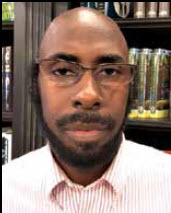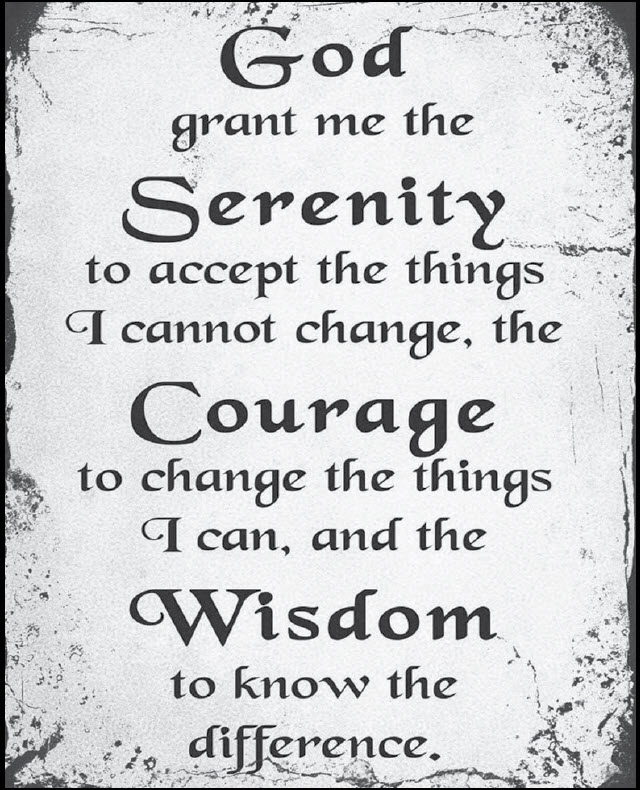 By: Eric Betts
By: Eric Betts
Each year of our lives is both a milestone of achievement and an opportunity to begin anew. The change of the calendar does not change life’s situations nor our approach to them, but it gives us a sense of starting over in a new chapter. We began to reevaluate how we respond to life’s challenges and to make necessary adjustments in order to improve. Oftentimes, the majority commit to starting some project that they desired but failed to initiate in the previous year. Weight loss programs, exercise programs, reading certain books, and quitting smoking are obvious examples.
The past two pandemic years have been mentally and emotionally draining. Many ask the question, “When will it ever end?” When will the various restrictions and constant news surrounding the virus come to an end? How long will we constantly be under the threat of lockdowns, mandates, and requirements? When will we be able to get back to doing the things we love to do? How do I plan or strategize when the markets are constantly shifting as a result of the virus?
Perhaps a year ago, you felt that this would soon end, and could not possibly last two years, yet we are here. You laid aside many plans and resolved to fulfill certain goals once it ended, but it continues into 2022. “How am I to respond?” is the question. Many leaders are on the verge of giving up as it appears that there is no end in sight. It is reported that many educators are retiring due the chaos and lack of predictability. Others began projects and started in new positions just prior to the pandemic and are tempted to throw in the towel because things are so much different than what was expected when they began. How am I to react or strategize in the new year is the question? One answer is the following: Rather than focusing on what to do or how to plan, focus on how to mentally adjust to the daily realities that one cannot change. There is famous prayer that hangs framed in many offices, which gives leaders a sense of direction in these times. Whether you are a person of faith or not, you can appreciate the expression and mindset of the statement.
“God grant me the serenity
to accept the things I cannot change,
courage to change the things I can,
and wisdom to know the difference.
The first thing that leaders must do as they approach the new year is to celebrate their own survival stories during the pandemic. Secondly, it is better to take more time to remember those you have lost during the pandemic and reflect on what they meant to you. It may be necessary to seek grief counseling, even if one has not suffered a loss from a family member or friend. The pandemic and the constant talk of death has an impact on all of us. It may be better to get in touch with one’s own emotions rather than looking for ways to get back to being busy again. It is important to resolve those feelings in order to be productive in the future. You will not have to look for busy because busy will eventually look for you. Get in touch with your mental wellbeing before more is expected from you. Thirdly, follow the guidance in the popular prayer. Personal growth and improvement during this pandemic can be found in embracing the meaning of the words. This means that one needs to cease from Googling, “When will the pandemic end?” Make this your commitment for 2022. We have seen how unreliable such predictions have been.
The best response to a world which is constantly changing is to learn to be at peace within yourself, whatever occurs. The pandemic is a tremendous example of a circumstance that one does not have control over or can change. In 2022, be at peace with what you cannot change. The growth that is needed in 2022 is in gaining a greater level of wisdom to understand the difference between what you can and cannot change. Focus less on those things you cannot change in this pandemic environment and focus more keenly and consistently on those things that can be changed by you. Focus on what you can control and everything else will fall in line. Cease the frustration about when will things change back and begin to identify areas where change is personally achievable by you. You will be better for it.
By: Eric Betts
Assistant Director, Curtis Coleman Center for Religious Studies and Ethics at Athens State University









 June 20, 2025
June 20, 2025



